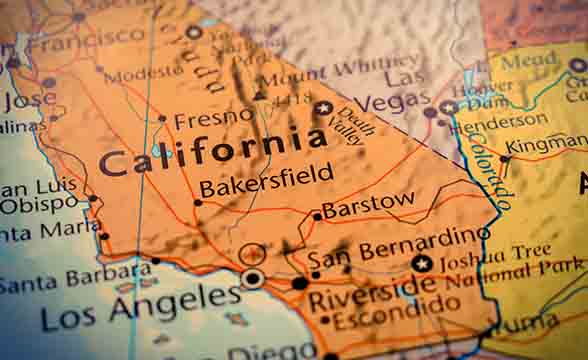The fight for legalized sports betting in California is becoming the most-expensive ballot initiative in the US, having raised around $400 million so far and still counting, as casino operating tribes and leading online sports betting operators are pitted against each other, reported ABC News.
Opposing Camps Prepare to Fight for Votes
Proposition 26, backed by the wealthy Native tribes which pursue a sports betting model with in-person wagering at the tribal casinos and the four licensed horse racetracks only, and its Yes on 26, No on 27 political committee, raised $108 million, according to the state records.
Three of the tribes operating their own casinos, the Federated Indians of Graton Rancheria, the Pechanga Band of Indians, and the Yocha Dehe Wintun Nation, were among the main donors, raising $30 million, $25 million and $20 million, respectively.
A committee backed by tribes including the San Manuel Band of Mission Indians and aligned with Proposition 26 by seeking to defeat Proposition 27, has chipped in with another $91 million, bringing the total funds raised in support of retail sports betting to nearly $200 million.
Proposition 27, backed by the big players in online sports betting, DraftKings, FanDuel and BetMGM, other operators and sports leagues, and is arguing for a sports betting model which allows betting on the internet and over mobile devices, and its Yes on 27 political committee, has generated so far around $169 million in donations and loans for the campaign.
Another $41 million raised by a committee opposing Proposition 26 and backed by card clubs is bringing the total funds favoring Proposition 27 to over $210 million. And they might well need more to sway the public opinion as a recent poll suggested only 34% of Californians would vote in favor of Proposition 27.
The total amount of money raised sets a new national record for a ballot initiative fight and will more than double the previous record set in California in 2020 with another seven weeks until the November 8 deadline date.
Fiscal Benefits from Both Propositions Unclear
Analyses conducted by the nonpartisan Legislative Analyst’s Office on both proposals concluded that the fiscal benefits each proposition may bring to the state are unclear, despite the lofty sums banded around by both camps as income projections.
Proposition 27 brings up an element of uncertainty related to the number of entities that will offer sports betting and the number of people willing to wager, the office concluded, admitting that the proposition may generate millions of dollars each year, yet this income would not represent new dollars as people who will wager will do so with money shifted from another activity such as lottery tickets or shopping.
As for Proposition 26, state analysts believe fiscal benefits depend on the way state-tribal compacts will be modified to allow sports betting, concluding that the proposition may increase state revenue by tens of thousands of dollars annually but will also increase the cost of enforcement and regulation.


